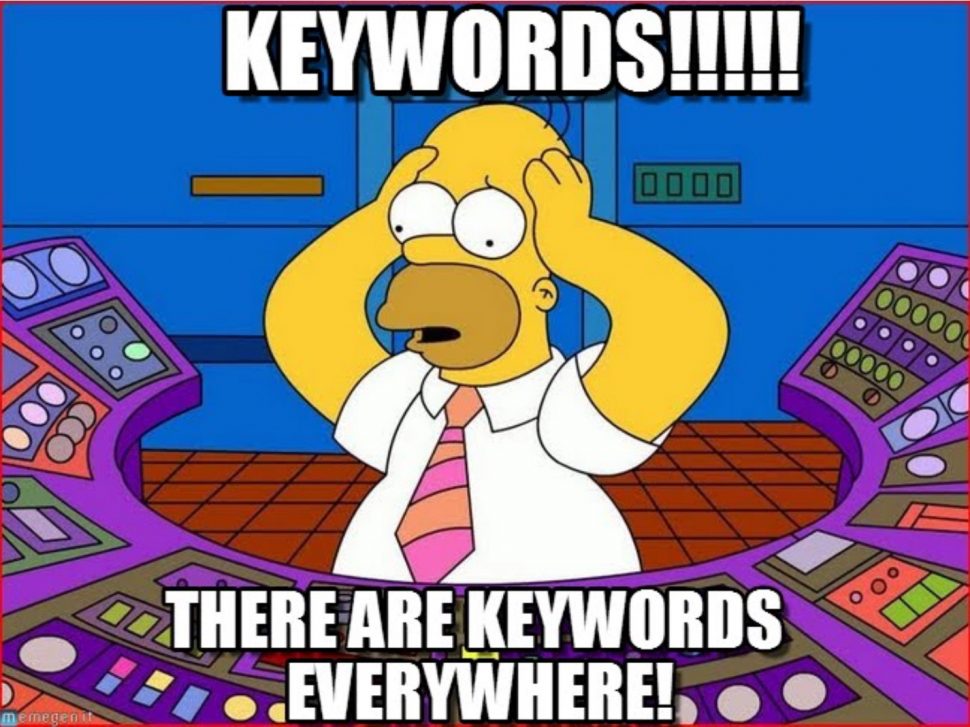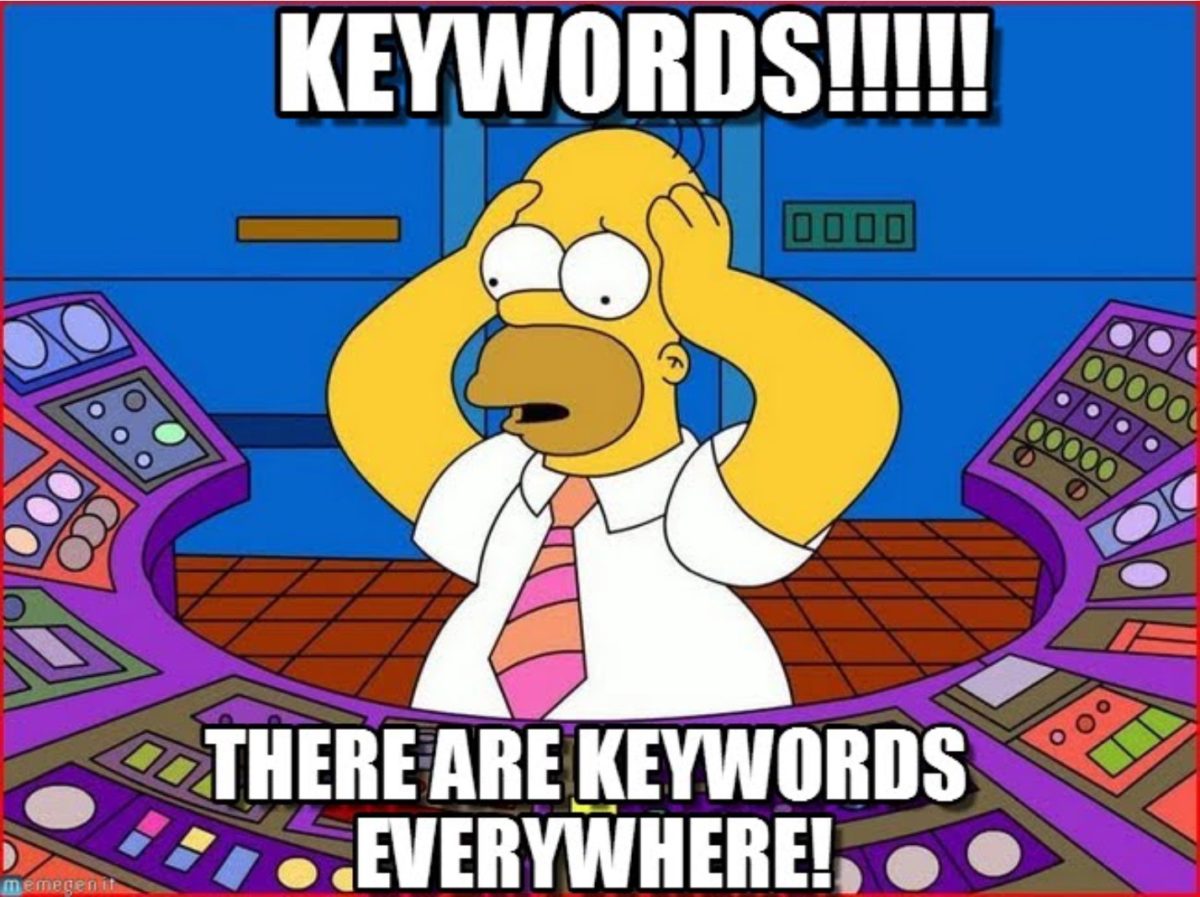
It is not uncommon for campaigns to be jam-packed with keywords, many of which are not relevant for their purpose but have a low CPC. Whilst these low bids are appealing, there is a very good reason why they’re priced so low.
The number of clicks a keyword receives determines its cost, so a better performing keyword is going to cost more due to higher competition. So, when researching keywords for your search campaigns, don’t be surprised to pay more if you come across one which is both relevant to your competitors and converts well!
The Importance of Relevance
Don’t be drawn into the lure of £0.05 first page bids if the terms are not relevant to your campaign’s primary objective, as you may end up bringing in an audience with the wrong intentions for you achieving your goal. Your campaign’s keywords need to be appropriate for both the audience and the actions you wish to encourage.
It can be easy to get carried away using tools such as Google Keyword Planner and the low-cost bid keywords it suggests; but focus on the keywords that are most relevant to you, even when they may not be the lowest priced.
Search Campaign Keywords – Quality vs Quantity
In the words of the late, great Steve Jobs: ”Quality is more important than quantity”, and that is true in the case of search campaign keyword selection. Inevitably the most relevant and highest performing search campaign keywords are going to come at a cost, but if you are looking for more than just increasing page traffic, then this is something you need to accept and strategise for.

Of course, it’s important to factor in things such as quality score and audience targeting, but if a large proportion of your budget is spent on useless keywords, then you are only going to be able to achieve so much from your search campaign. Remember, search campaign success is more than just the number of clicks it gets, it’s the value of the actions you achieve – whether that’s newsletter sign-ups, lead generation or online sales.
Summary
Whilst you may be able to increase your site’s traffic with broad keywords and phrases, if they are unlikely to result in helping you achieve your bottom line objective, then your budget could be spent more effectively by avoiding them. Keep in mind what you want to achieve from the search campaigns, and ensure your keywords accurately reflect and facilitate this.
And remember, sometimes you have to spend money to make money!

